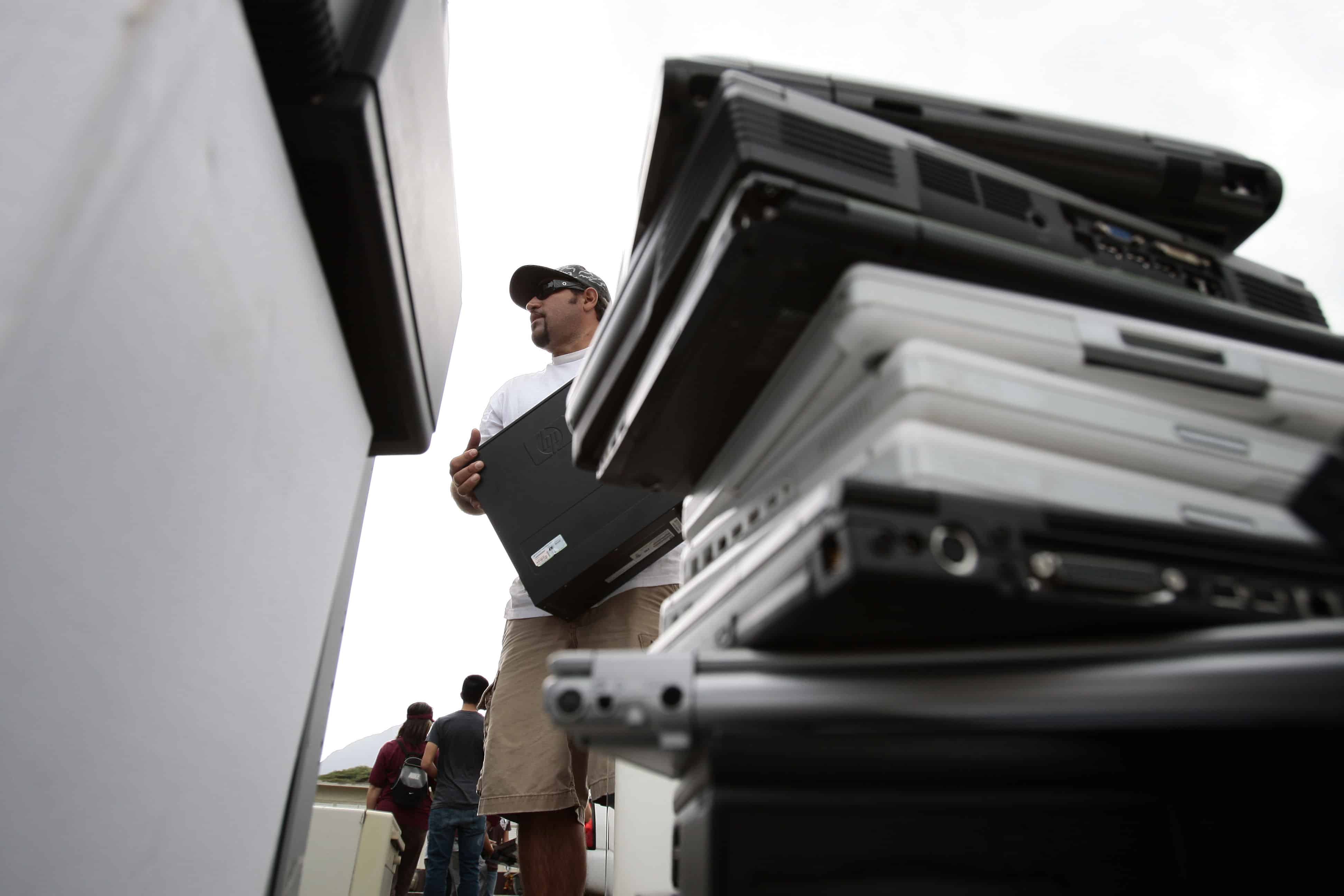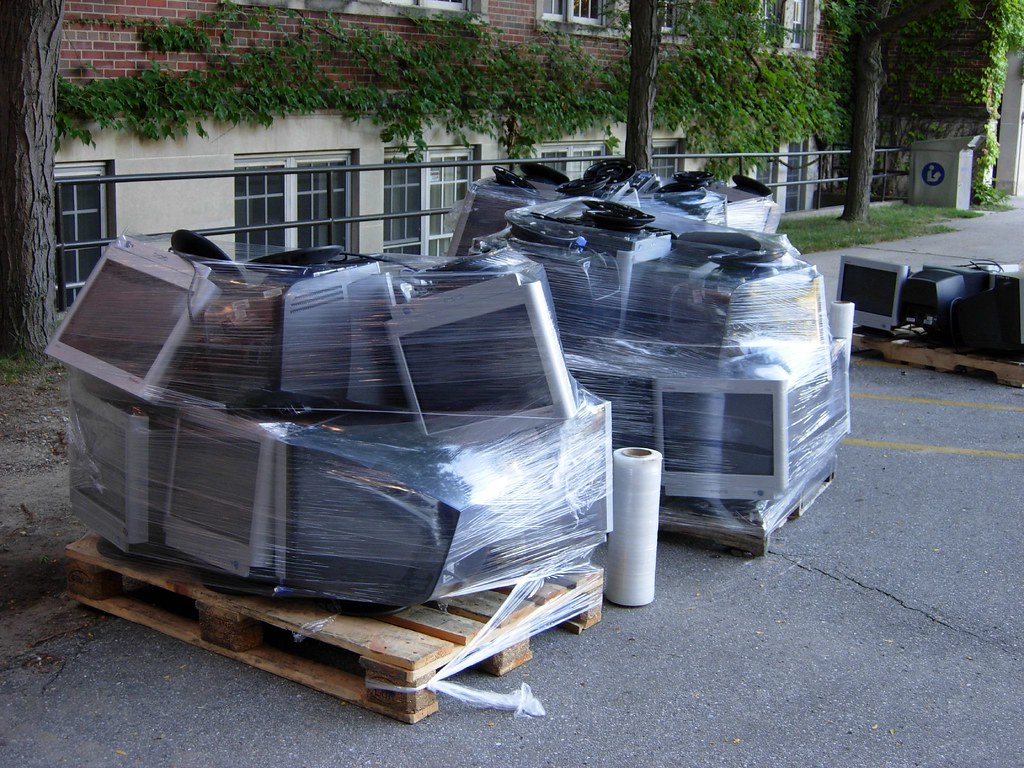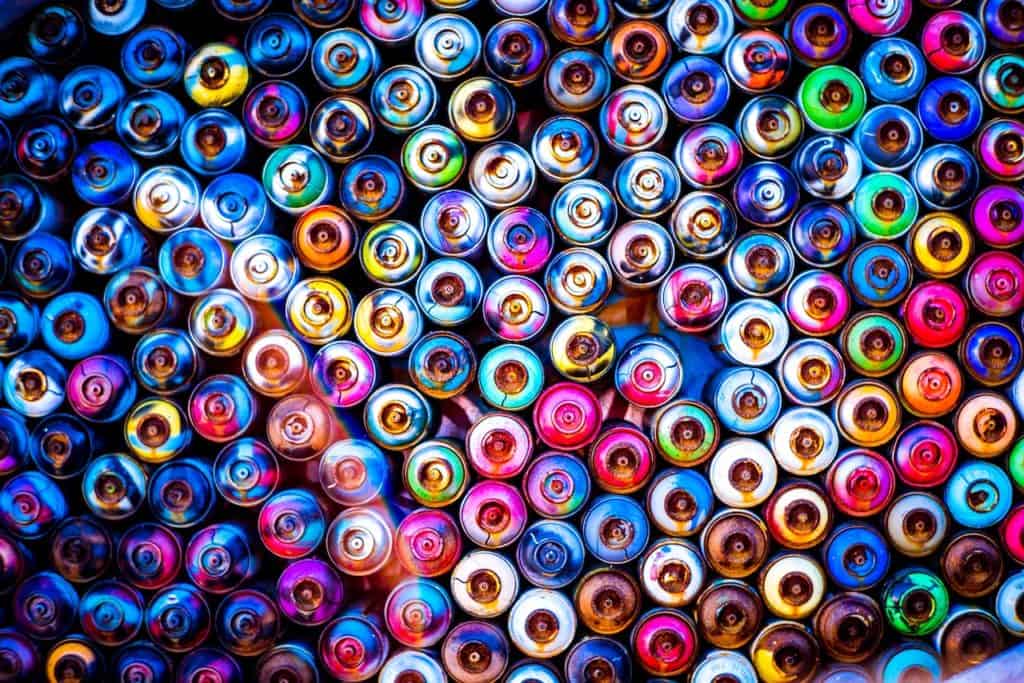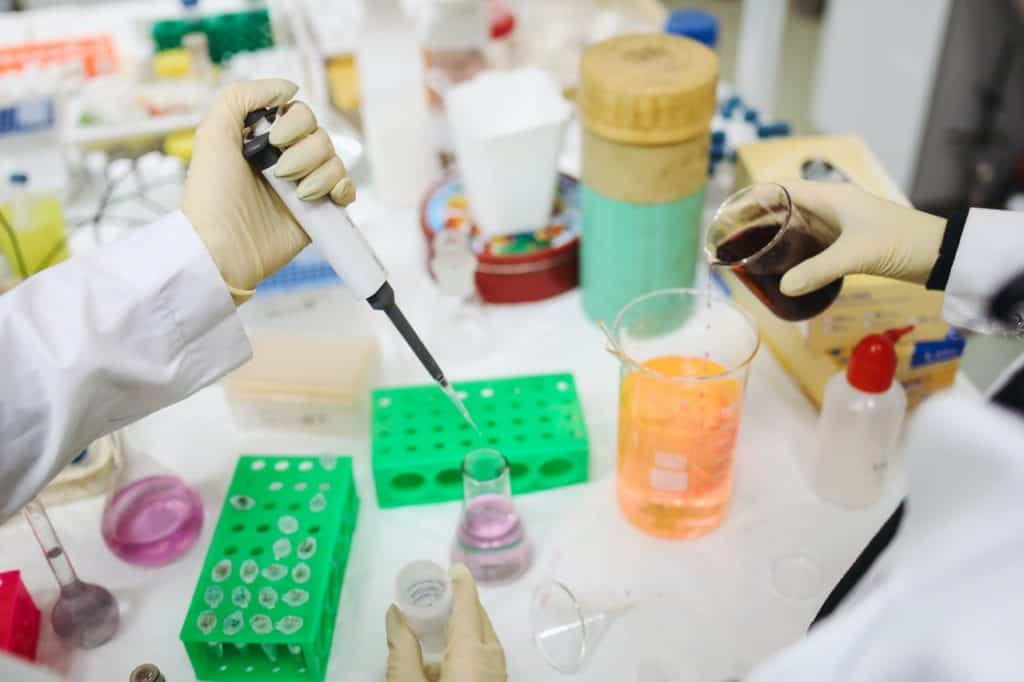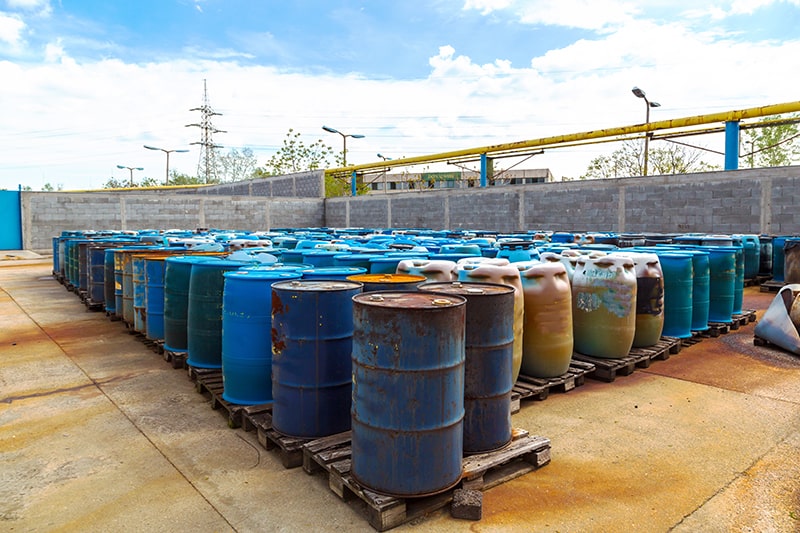Worldwide IT manufacturers seeing green; Dell leads in plastic recycling!
Dell have introduced a new range of computers created from recycled polymers. Keen to avoid the use of ‘virgin plastics’, Dell are actually recycling plastics from their own computers to be made into new processors. A recent expansion of their hardware take-back program has allowed Dell to reprocess materials and release the ‘Optiplex 3030’, the first of this range. The IT giants are doing well to take advantage of low plastic recycling prices as a boom in recycling plastics takes place. From 2015, more laptops, desktops and PC monitors will be made through this process. It is unclear yet as to whether the money saved from recycling plastics will be passed on to the consumer, but it is assumed so for the long term.
With Dell realizing there is a market and a demand for recycled polymer products, it is important to see who else in the IT industry has also latched on. Despite their efforts to be a ‘greener’ company, Dell ranked just 14th in the 6th edition of Greenpeace’s most Eco-friendly IT companies.
Joint at the top of that list, which is measured on providing economy-wide climate solutions, reducing emissions from operations and lobbying for science based climate and energy policies, are Cisco and Google, two IT heavyweights.
But what progress are they making in regards to Materials Waste Recycling?
Cisco leads the way!
The networking solutions company sits proudly at the top of this list, and it’s easy to see why. They claim that:
“Cisco provides end-of-life programs that reduce the environmental impact of used electronic products. These programs are designed to reuse or harvest the material commodities contained in the equipment collected and return those materials to the market where they are made into new products. Over 99% of the electronics sent for processing are recycled. This promotes efficient and sustainable production and consumption.”
This scheme is great, because if a returned product still has fully functioning parts, they are reclaimed and re-introduced back into the manufacturing line.
That’s not all though, the recycling concerns at Cisco start from the very beginning, in the design process. The designers ensure that the products are built for easy dis-assembly, so that recycling plastic and metal components can be done easily and not go to waste. Their packaging is made from one recyclable material, so that the consumer is encouraged to recycle. Also, when their products move between manufacturing sites, they ensure that minimal packaging is used, to keep their carbon footprint low. Cisco have cleverly exploited low plastic recycling prices into their business model, and we can understand why they sit at the top.
Green Google’s Great efforts
Google are very keen to be seen as the leaders in ‘Green IT’, and work incredibly hard for this image. Unlike Cisco and Dell, their product is a software, and so their recycling targets are considerably different.
Starting with transport; Google have provided an Eco-friendly bio-diesel shuttle bus fleet, which helps 5,000 of their staff get to work each day. They also provide electric cars on their campus, with more charging stations than any other company. A great deal of the staff cycle to work, some even skateboard, and there’s even a few who canoe in!
But what are they doing for Materials Waste Recycling, and are they taking advantage of plastic recycling prices to save money and improve some of their physical products?
Well, actually the greatest contribution Google makes to the recycling concern is through the design of their SMART buildings. They try to source recycled and biodegradable construction materials from local businesses and demand transparency from suppliers to ensure minimal chemical contents. These SMART buildings use solar panels for power and heating water, but they also recycle municipal water for things like toilet flushing.
With forward thinking IT businesses seeking a greener future, where might the next innovation lie?

